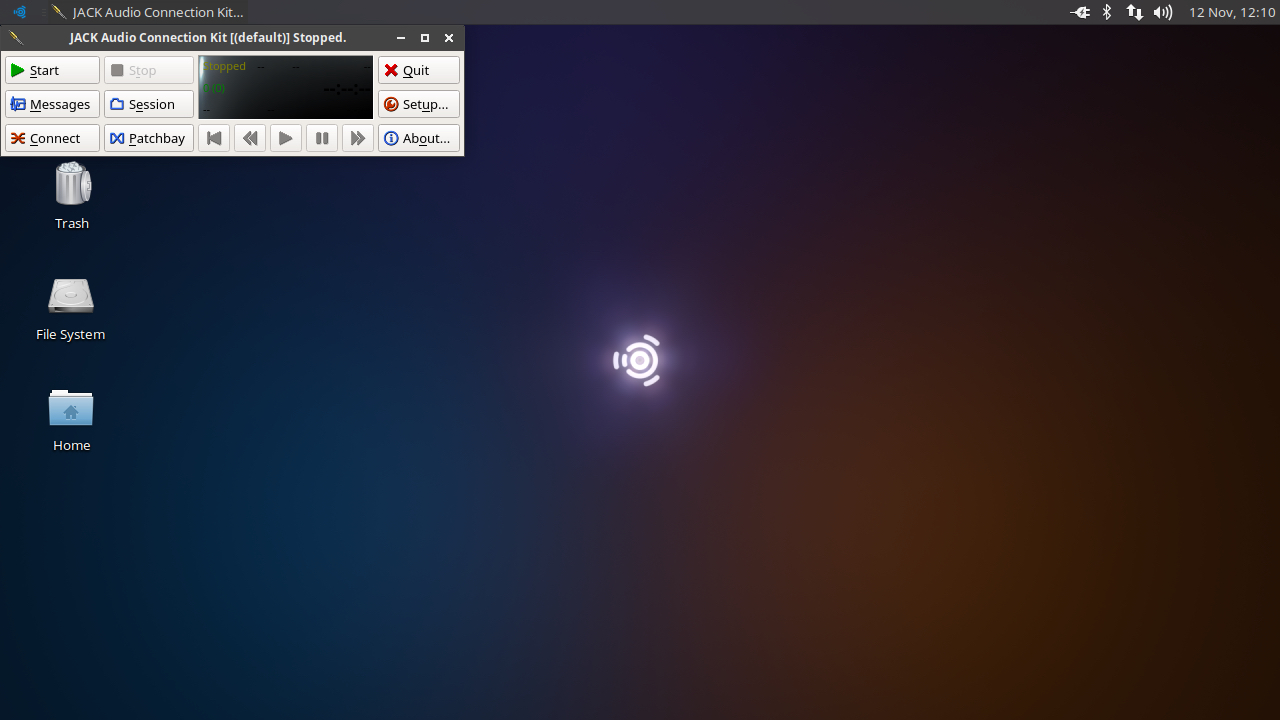

- #CURRENTLY AVAILABLE LINUX VERSIONS INSTALL#
- #CURRENTLY AVAILABLE LINUX VERSIONS PATCH#
- #CURRENTLY AVAILABLE LINUX VERSIONS UPGRADE#
- #CURRENTLY AVAILABLE LINUX VERSIONS WINDOWS 10#
I specifically ask for a source for appx-packages that will run on Windows 10 1703. This problem is not addressed in the referenced question, which concerns the most recent version of Windows. I specifically state that I get an error message saying my version of Windows is too old. This problem is neither addressed nor answered in the referenced question. My stated problem is that available appx-packages require Windows 1709, which I cannot have.
#CURRENTLY AVAILABLE LINUX VERSIONS INSTALL#
As stated, I was already able to install the Windows Subsystem for Linux (WSL). The referenced question is about installing WSL. This question is not a duplicate of this question, for the following reasons: Or can the most recent versions be hacked to not require an up to date Windows? Maybe that's a better approach. Can anyone provide me with a source for such (outdated) packages? This is Windows' way of telling the user that their version of Windows is too old for the requested Application.Īs there are blog posts and such where people write about running Linux on Windows 10 1703, there must be appx-packages out there, that will run on Windows 1703. As a result I get the cryptic 0x80073CFD error when I try to start Linux. However, the currently available Linux Distros for WSL all require the most recent Windows version, 1709, which I do not have and cannot get, due to company policy. I do have the privileges to install the Windows Subsystem for Linux on my System and I successfully did so. The property currentKubernetesVersion shows the whole Kubernetes version.I am using Windows 10 on my company Laptop.
#CURRENTLY AVAILABLE LINUX VERSIONS PATCH#
To see what patch you're on, run the az aks show -resource-group myResourceGroup -name myAKSCluster command.
#CURRENTLY AVAILABLE LINUX VERSIONS UPGRADE#
For example, upgrading from 1.14.x to 1.14 doesn't trigger an upgrade to the latest GA 1.14 patch, but upgrading to 1.15 triggers an upgrade to the latest GA 1.15 patch. When you upgrade by alias minor version, only a higher minor version is supported. For example, if you create a cluster with 1.21, your cluster runs 1.21.7, which is the latest GA patch version of 1.21. When you create a cluster without designating a patch, the cluster runs the minor version's latest GA patch. Use az upgrade to install the latest version of the CLI.ĪKS allows you to create a cluster without specifying the exact patch version. Ubuntu 22.04 by default with cgroupv2 and Overlay VPA 0.13.0ĬgroupsV2 - If you deploy Java applications with the JDK, prefer to use JDK 11.0.16 and later or JDK 15 and later, which fully support cgroup v2ĬontainerD 1.7 for Linux and 1.6 for Windowsīecause of Ubuntu 22.04 FIPS certification status, we'll switch AKS FIPS nodes from 18.04 to 20.04 from 1.27 onwards.Īlias minor version requires Azure CLI version 2.37 or above as well as API version 20220401 or above. Note the following important changes to make before you upgrade to any of the available minor versions: Kubernetes VersionĪzure Active Directory Pod Identity 1.8.13.6 If you prefer to see this information visually, here's a Gantt chart with all the current releases displayed:ĪKS Components Breaking Changes by Version K8s versionĪKS Kubernetes release schedule Gantt chart To read more about our support policy for Kubernetes versioning, please read our FAQ.įor the past release history, see Kubernetes history. To learn more about the release status webpage, see AKS release tracker.ĪKS follows 12 months of support for a generally available (GA) Kubernetes version. To see real-time updates of region release status and version release notes, visit the AKS release status webpage. View the upcoming version releases on the AKS Kubernetes release calendar. You should upgrade to 1.17.8 as soon as possible to ensure your cluster is fully patched and supported. For example, if your production cluster is on 1.17.7, 1.17.8 is the latest available patch version available for the 1.17 series. Patch versions change when backwards-compatible bug fixes are made.Īim to run the latest patch release of the minor version you're running.Minor versions change when functionality updates are made that are backwards compatible to the other minor releases.Major versions change when incompatible API updates or backwards compatibility may be broken.Įach number in the version indicates general compatibility with the previous version:

Kubernetes uses the standard Semantic Versioning versioning scheme for each version. Patch releases include fixes for security vulnerabilities or major bugs. Patch releases are more frequent (sometimes weekly) and are intended for critical bug fixes within a minor version. Minor version releases include new features and improvements. Recently, the Kubernetes community has increased the support window for each version from nine months to one year, starting with version 1.19.

The Kubernetes community releases minor versions roughly every three months.


 0 kommentar(er)
0 kommentar(er)
